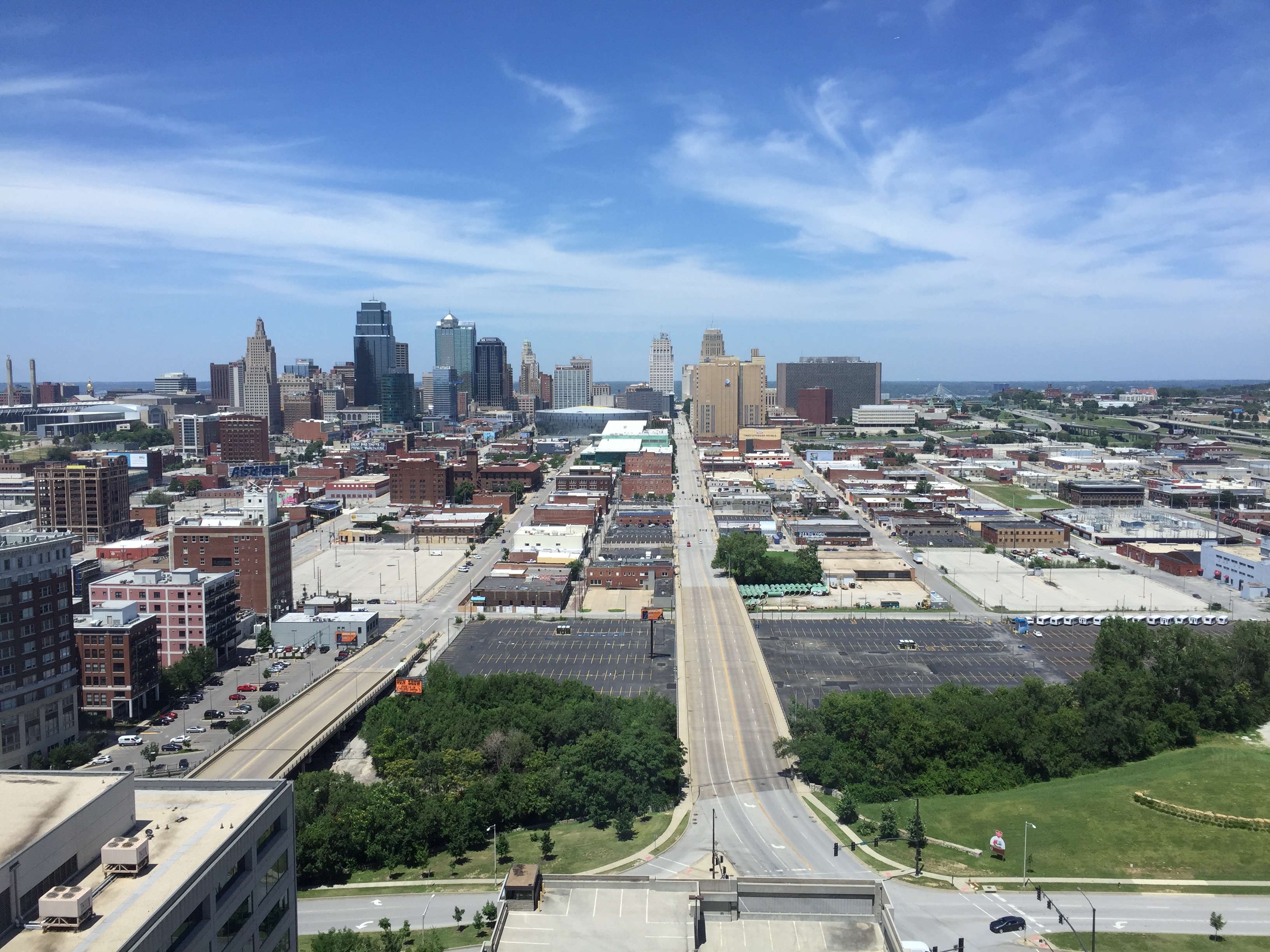Summary of Presentation on….
Good Neighbors or National Security Threats
US and Latin America in the 21st Century
with
Ambassador Jeffrey Davidow
By Guy W. Farmer
Former U.S. Ambassador to Mexico Jeffrey Davidow offered a short course on U.S. – Latin America relations during an April 17 breakfast meeting of the National Security Forum in Reno. Davidow, one of only five Foreign Service career ambassadors when he retired, was our envoy to Zambia, Venezuela and Mexico, and also served as Assistant Secretary of State for Latin America during his long and distinguished diplomatic career.
“Latin America isn’t a threat to U.S. national security,” Davidow said, “so Washington policymakers tend to look elsewhere in the world on the theory that the squeaky wheel gets the grease.” Obviously, he added, today’s squeaky wheel is the volatile Middle East.
Nevertheless, the ambassador noted, Latin America has made impressive economic and political progress in recent years and is an important trading partner for American companies. He cautioned against lumping Latin American countries together, explaining that there are major differences among and between those countries. “El Salvador isn’t Brazil, and Chile isn’t Mexico,” he said. “It isn’t your grandfather’s Latin America.”
One important advance in recent years is that with the exception of Cuba all of our Western Hemisphere neighbors now have elected governments, he observed. This broke the old pattern of military coups and counter-coups that plagued our grandfathers’ Latin America. But most of these new Latin American democracies are imperfect, he noted, and some of them – i.e. Bolivia, Ecuador, Nicaragua and Venezuela – are governed by leftist populists who punish political opponents and blame the U.S. for all of their problems.
Although most countries to our south have adopted free market economies featuring independent central banks, floating exchange rates and the end of government subsidies, Davidow continued, economic populism is sapping the strength of several countries including Venezuela, where falling oil prices have created a severe economic crisis. And while poverty has declined in recent years, these countries still suffer from great waste, corruption and politicized economic development programs.
Davidow said that each new generation of Latin Americans is doing better economically than the preceding generation, a positive trend that I noticed during a recent visit with my late wife’s family in Mexico City. “There are growing middle classes and increasingly open societies” in the western hemisphere, the ambassador observed, but newer generations are demanding honest governments and an end to official corruption – a tall order in countries that have long been governed by corrupt politicians.
“Corruption is still rampant,” the ambassador said, and there is still too much impunity in weak court and justice systems. “It’s a mixed bag, but it’s a lot better than it was.”
“One point we should stress is that Latin America is NOT a threat to our national security,” Amb. Davidow declared. “It is a zone of peace without significant racial, ethnic or religious conflicts and it offers attractive opportunities for U.S. investments and trade.” He added that about 25 percent of U.S. exports go to Latin America and that we export three times more products to those countries than we do to China. But American companies are no longer the leading investors in Latin America; China now occupies the top spot, which should concern U.S. businessmen and policymakers.
Amb. Davidow urged Congress to approve free trade deals with Latin American nations similar to those we have with Asian countries. Such deals are pending with Chile, Mexico and Peru and negotiations are ongoing with Colombia and Panama.
The ambassador endorsed President Obama’s plan to normalize relations with Cuba, arguing that the 50-year-old trade embargo has outlived its usefulness and that normalization will generate trade and tourism between the two countries and improve the lives of Cubans who have lived in a poverty-stricken Communist dictatorship for the past half-century. However, Amb. Davidow didn’t address the issue of Cuban political prisoners, which is a sticking point in negotiations between the two countries. In a recent hour-long meeting between Obama and Cuban President Raul Castro in Panama, they agreed to discuss all of the contentious issues between the two countries, including human rights.
“If Raul Castro can shake hands with the president of the United States with a smile on his face, who are they to accuse the U.S. of being stuck in an imperialist age?” asked Richard Feinberg, a senior fellow at the Brookings Institution who was an architect of the U.S. – Cuba summit. There was one ominous development, however, when pro-Castro activists dispatched to Panama by the Cuban government broke up an anti-Castro rally by beating some of the demonstrators. Obama said he would continue to “respectfully” denounce aggression toward free speech. “Vamos a ver” (we’ll see).
All in all, Amb. Davidow is optimistic about the future of U.S. – Latin America relations, and continues to promote better hemispheric relations as a senior counselor for The Cohen Group, a Washington, D.C.-based international business consultancy headed by former Defense Secretary William Cohen.
Guy W. Farmer, of Carson City, is a retired U.S. Foreign Service officer who lived and worked in Latin America for more than 20 years. He served with Amb. Davidow in Venezuela.

